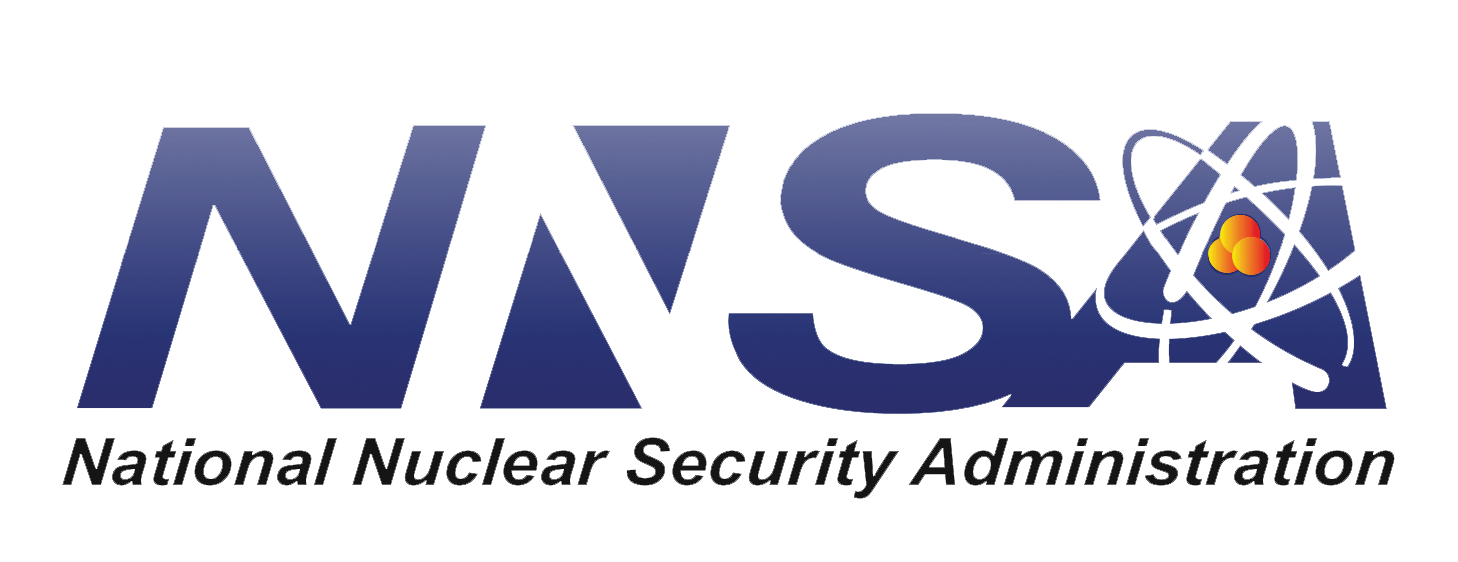 WASHINGTON – Howard University is the recipient of a three-year, $3 million grant from the Department of Energy’s National Nuclear Security Administration, alongside two partnering minority-serving institutions, for The Partnership for Proactive Cybersecurity Training, a cybersecurity research project based on human biological system-enabled machine learning models.
WASHINGTON – Howard University is the recipient of a three-year, $3 million grant from the Department of Energy’s National Nuclear Security Administration, alongside two partnering minority-serving institutions, for The Partnership for Proactive Cybersecurity Training, a cybersecurity research project based on human biological system-enabled machine learning models.
The project's principal investigator is Danda Rawat, Ph.D., who serves as associate professor in the Department of Electrical Engineering & Computer Science and founding director of the Data Science and Cybersecurity Center (DSC2). He is working with a team of researchers from the University of Arizona, Navajo Technical University and Argonne National Laboratory to explore how smart electronic devices respond to cybersecurity threats similarly to how the human body responds to health threats. For example, when touching a hot surface, a person will snatch their hands away from the surface before being severely burned due to the human body recognizing a foreign substance and relying on the biological immune system to eliminate it. Rawat says the team is developing resilient cybersecurity models inspired by human biological systems that detect and address threats in their earliest stages.
"There are vast connections of remotely accessible and reconfigurable devices, which can be any connected device to the internet, such as smart home appliances, that make cyberspace more vulnerable to a multitude of cyber-attacks,” Rawat explains. “Cyber-attacks are polymorphic. Thus, machine learning algorithms are useful in a cybersecurity context, by relying on patterns and inference instead of using explicit instructions or predetermined equations.”
The grant aims not only to improve the science and engineering of cybersecurity by developing new cyber defense solutions, but also to train students – especially women and underrepresented minority groups – to become highly skilled members of the cybersecurity workforce.
Associate Dean for Academic Affairs within the College of Engineering and Architecture (CEA) and Co-Director of DSC2 Moses Garuba, Ph.D., acknowledged the program as a timely initiative that will greatly benefit Howard students and the University as a whole.
“This project aligns with the American AI Initiative (Artificial Intelligence for the American People) which aims to graduate proactive cybersecurity researchers through research and academic training,” says Garuba. “We are thrilled to be a part of the partnership.”
Howard University students interested in cybersecurity research and training opportunities associated with the project should contact Danda Rawat, Ph.D., principal investigator, at danda.rawat@howard.edu.
###
ABOUT THE NATIONAL NUCLEAR SECURITY ADMINISTRATION
Established by Congress in 2000, NNSA is a semi-autonomous agency within the U.S. Department of Energy responsible for enhancing national security through the military application of nuclear science. NNSA maintains and enhances the safety, security, and effectiveness of the U.S. nuclear weapons stockpile without nuclear explosive testing; works to reduce the global danger from weapons of mass destruction; provides the U.S. Navy with safe and effective nuclear propulsion; and responds to nuclear and radiological emergencies in the United States and abroad. For more information, visit https://www.energy.gov/nnsa/national-nuclear-security-administration.
ABOUT HOWARD UNIVERSITY
Founded in 1867, Howard University is a private, research university that is comprised of 13 schools and colleges. Students pursue studies in more than 120 areas leading to undergraduate, graduate and professional degrees. The University operates with a commitment to Excellence in Truth and Service and has produced four Rhodes Scholars, 11 Truman Scholars, two Marshall Scholars, one Schwarzman Scholar, over 70 Fulbright Scholars and 22 Pickering Fellows. Howard also produces more on-campus African-American Ph.D. recipients than any other university in the United States. For more information on Howard University, visit www.howard.edu.
Media contact: Ramzey Smith, Office of University Communications, ramzey.smith@howard.edu




